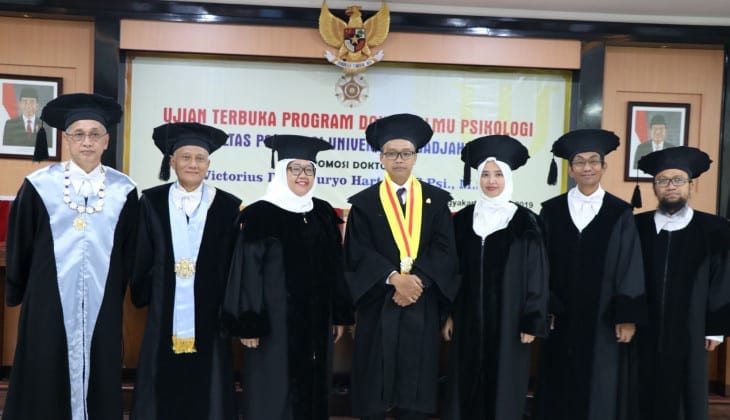
The perception survey of inequality conducted by the Indonesian Survey Institute in 2014 showed 40.6 percent of Indonesia’s revenue distribution is very unequal, 51 percent are not equal, 6 percent equal and 1 percent are very equal. From the survey, they believed that 20 percent of the wealthiest people mastered 38 percent of the total revenue or the equivalent of the 0.30 Gini index.
The survey also reveals the defining factors of wealth and poverty, of which 41 percent believes in hard work as a defining factor of wealth, 5 percent of talent’s important role, 47 percent because of the external factors of wealth determination (23 percent came from wealthy families, 11 percent good fortune, 5 percent connection, 5 percent education and 2 percent of family support), and 9 percent viewed corruption as an as for the cause of poverty the majority of respondents refer to internal causes of 34 percent of poverty due to laziness and 9 percent due to lack of talent.
The rest refers to external causes, i.e. 22 percent due to poor family conditions, 16 percent of bad luck, 11 percent of educational background, 6 percent of families do not support, and 3 percent due to disability and illness.
“The study demonstrated the ambivalence of Indonesia’s view of poverty and inequality, on the one hand, they considered the issue of poverty and inequality to be addressed, but on the other hand some of the respondents referred to the individual causes of poverty, laziness, and the inability of 42 percent, while fatalistic causes, such as bad luck, disability, and pain reached 19 percent, and only a small part of the reference to external-structural causes,” said Victorius Didik Suryo Hartoko, S. Psi., M. Psi, at the Faculty of Psychology UGM, Tuesday (30/7) when taking an open exam doctoral Program.
Victorius Didik argues that people’s views on poverty and economic inequality can demonstrate the development of a person’s socio-political consciousness. Because a critical awareness of inequality is thought to be formed by materialistic aspirations and the tendency of authoritarianism.
“Therefore, research from this dissertation aims to determine the role of materialistic aspirations and authoritarianism towards a critical awareness of inequality,” he said.
In his research, Didik said, the critical awareness of inequality was examined by the measuring instrument and the subject’s response to questions about poor rich differences, causes of poverty and wealth, and its response to economic gaps and ideas on strategies for addressing economic gaps. The research was conducted on a student group aged 19 -24 years.
“The first study was a quantitative study, in this study there were 200 subjects and the results showed when materialistic aspirations strengthened the sense of injustice regarding the privileges of the rich. Both authoritarianism and materialistic aspirations do not relate to the critical actions and injustice of the poor situation, “said Sanata Dharma University Faculty of Psychology lecturer.
The second study, said Didik, is a qualitative study. This study showed the response of respondents (N = 295) to the issue of poverty and the gaps that could be grouped into three forms of socio-political consciousness, namely fatalistic consciousness that saw poverty and gap as commonplace. Then a naive individualistic awareness that tends to look at issues in terms of individual weaknesses and strengths as well as critical awareness that looks at structurally systemic issues. (Public relation UGM/Agung)
